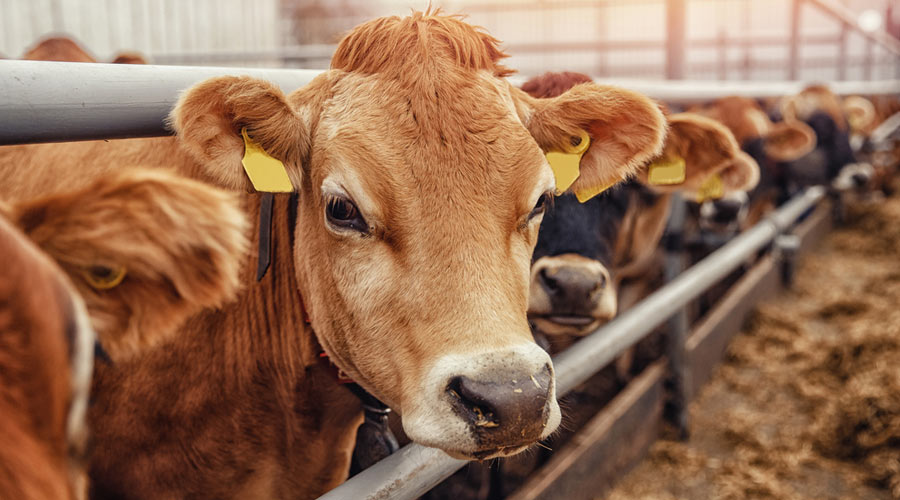The Indian government wants all cow lovers to hug a cow on Valentine’s Day. The Animal Welfare Board of India, under directions from the Union ministry of fisheries, animal husbandry and dairying, has appealed to people to celebrate February 14 as “cow hug day”.
“In view of the immense benefit of the cow, hugging (a) cow will bring emotional richness, hence increase our individual and collective happiness,” the Board said in a February 6 note posted on its website on Wednesday, but circulated in advance on social media.
The note has described the cow as “the backbone of Indian culture and rural economy” and urged all cow lovers to celebrate February 14 as cow hug day “keeping in mind the importance of mother cow and (to) make life happy and full of positive energy”.
The note has not explained the choice of February 14 for the day. But it said: “Vedic traditions are almost on the verge of extinction due to the progress of west(ern) culture over time. The dazzle of western civilisation has made our physical culture and heritage almost forgotten.”
The Board’s note has evoked reactions of sarcasm on social media from members of the public, while sections of social scientists said they are not surprised by it. Animal behaviour experts cautioned that cows find novelty fearful and might even become aggressive if faced with a flood of hugs.
“The cow hug appeal is in line with the political project of trying to so-called decolonise the Indian mind and the campaign to project Valentine’s day as a western import,” said M.T. Joseph, an assistant professor of sociology at the University of Mumbai.
If the appeal actually leads to mass cow hugging, Joseph said, it’ll serve as “a fresh spectacle of nationalism, and one in which an Indian element — the cow — has been introduced in an effort to appropriate the character of Valentine’s Day”.
Abhinay Prasad, a lawyer in Agra and the managing trustee of the Indian Social Science Association, said the appeal from the board is “an unnecessary diversion from real issues”, including cattle welfare.
“A few months ago thousands of cattle were in distress and died from lumpy virus disease — we saw ill animals and carcasses lying around in Agra too and no care was available for them,” Prasad said.
For those keen to seek cows to hug on Valentine’s Day — or any other day —animal behaviour specialists recommend approaching the animals in a calm, quiet way, avoiding abrupt movements.
“Dogs are most accustomed to people touching them, a cow might actually get upset and butt the hugger,” said Anindita Bhadra, an associate professor at the Indian Institute of Science Education and Research, Calcutta, who studies the behavioural ecology of free-ranging dogs.
“Hugging an animal is definitely not a bad idea, but cows could get aggressive if upset,” she said.
A book from Australia’s Council of Scientific and Industrial Research Organisation, in a chapter on cattle behaviour, has underlined that cows are generally afraid of sudden changes to facilities and routines and could interpret sudden movements, sudden noises, or prolonged eye contact as threats.
But some veterinary scientists and dairy industry executives have applauded the cow-hug appeal, saying cow-cuddling therapy is actually a western concept that needs to be adopted in India.
“In America, cow-cuddling therapy has become a fad, people are charged up to $200 to hug and cuddle a cow which is viewed as a wellness measure,” said Chirantan Kadian, president of the Indian Veterinary Association.
An Indian dairy company has introduced cow-cuddling therapy in India at its farm about 25km from Hyderabad.
“We started this under public demand,” said Raj Kumar, marketing manager of the company. We’ve had some 100 customers, and now we’re expecting demand to rise.”











